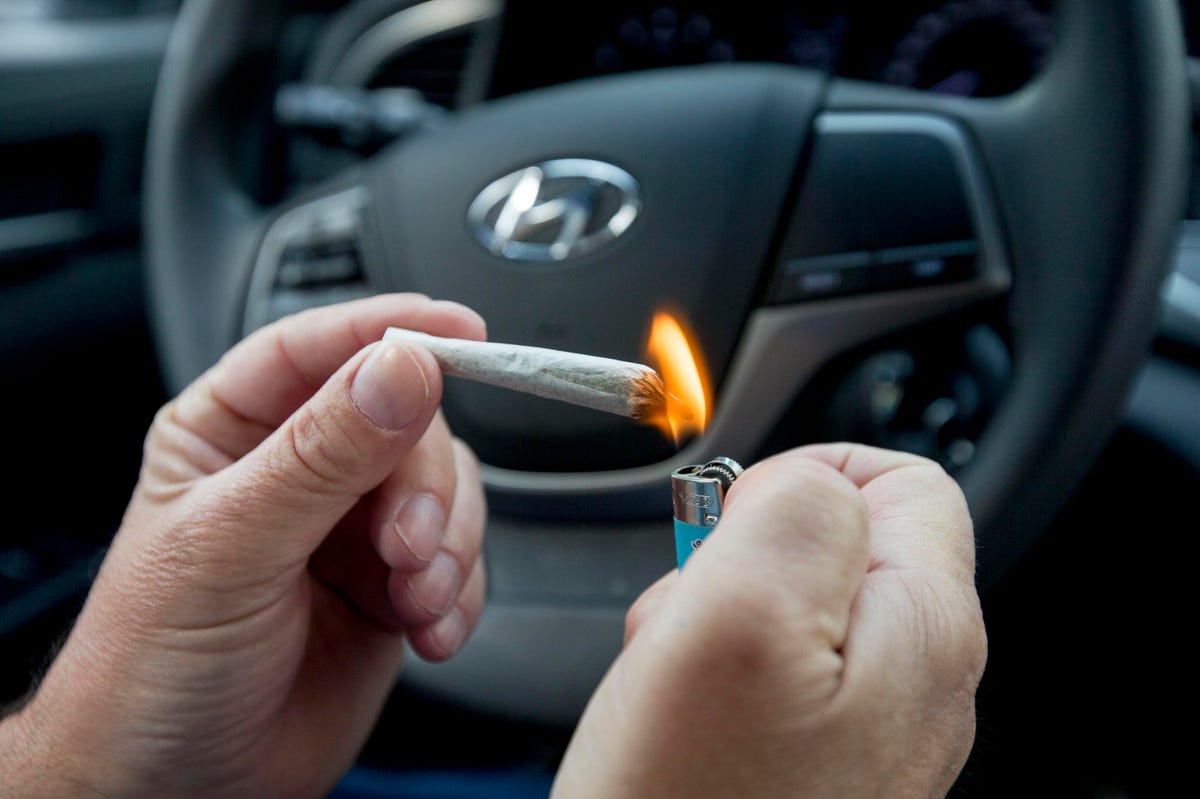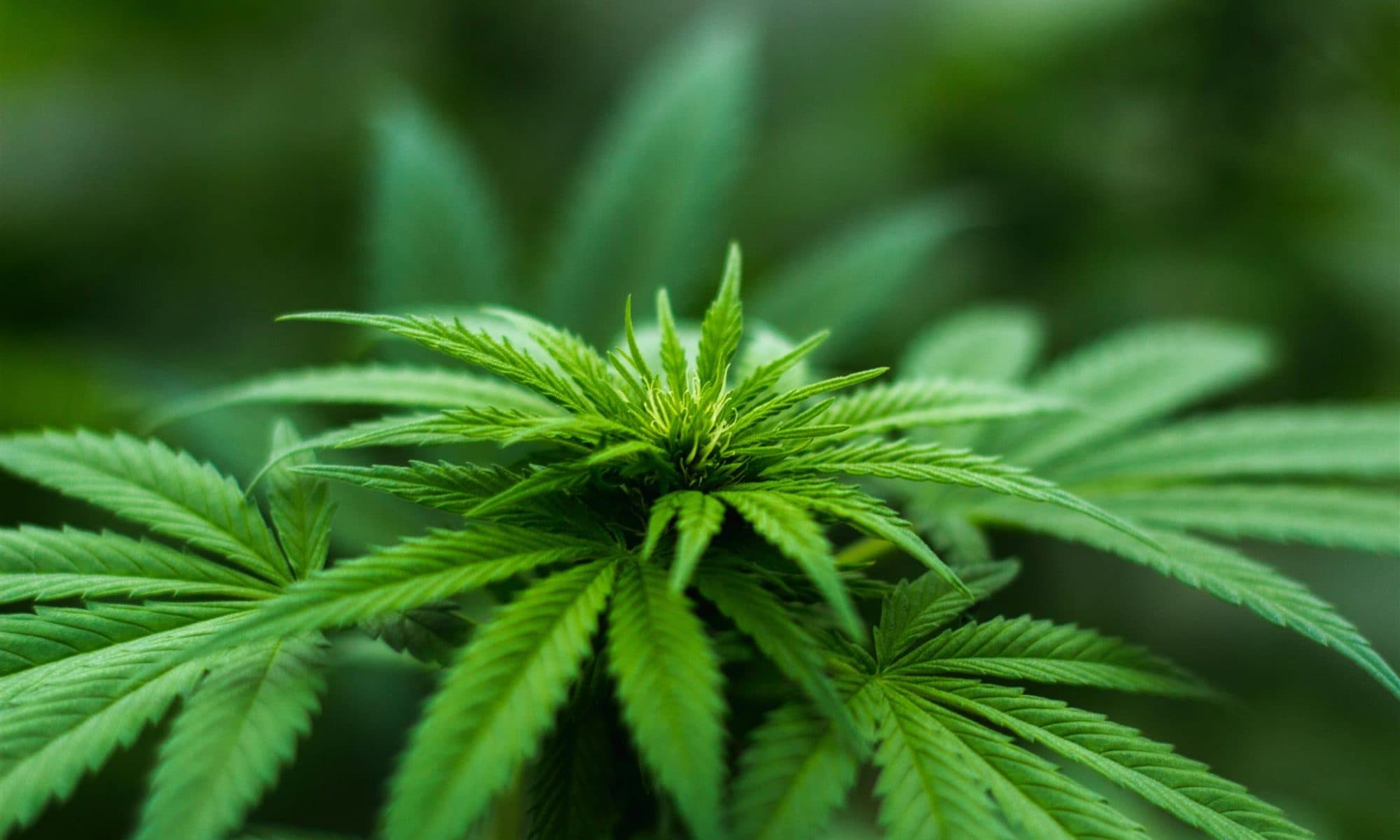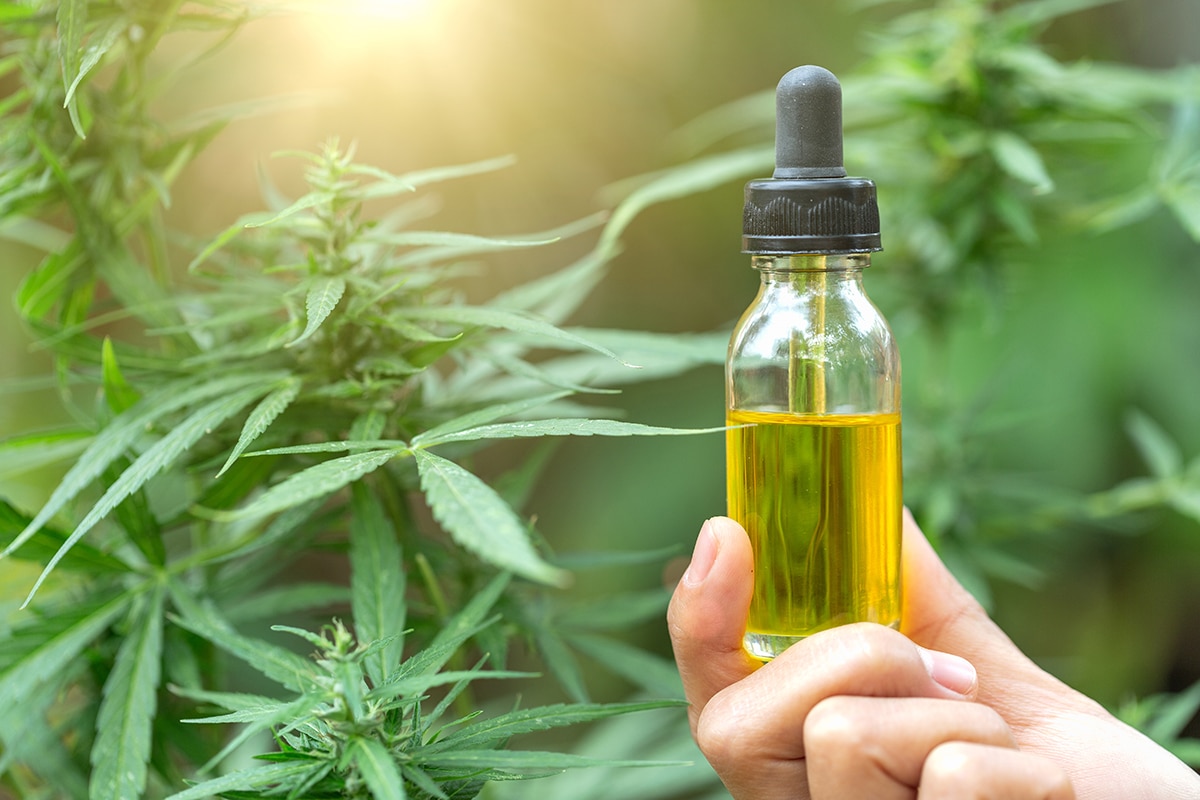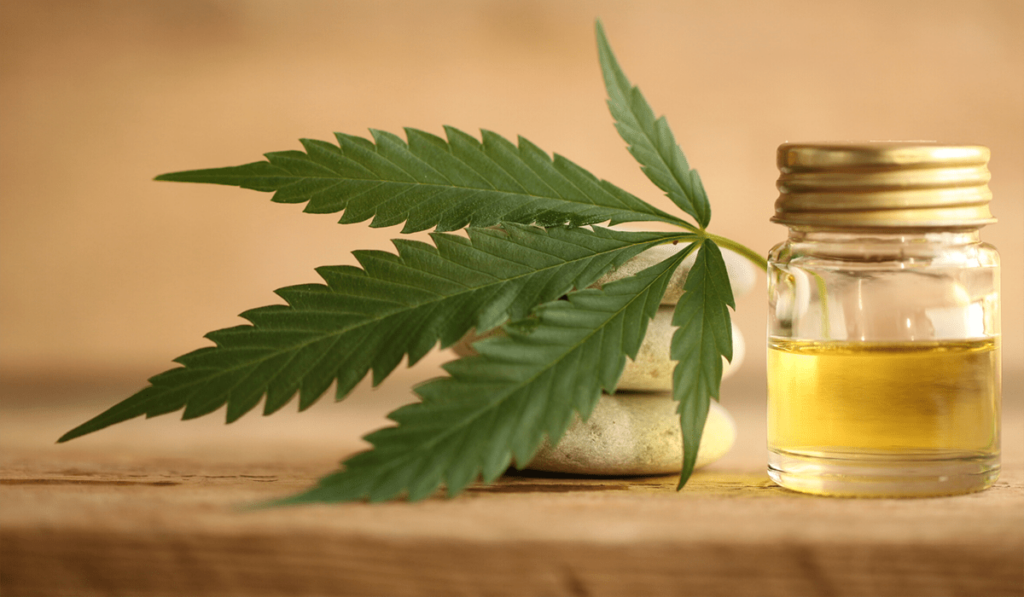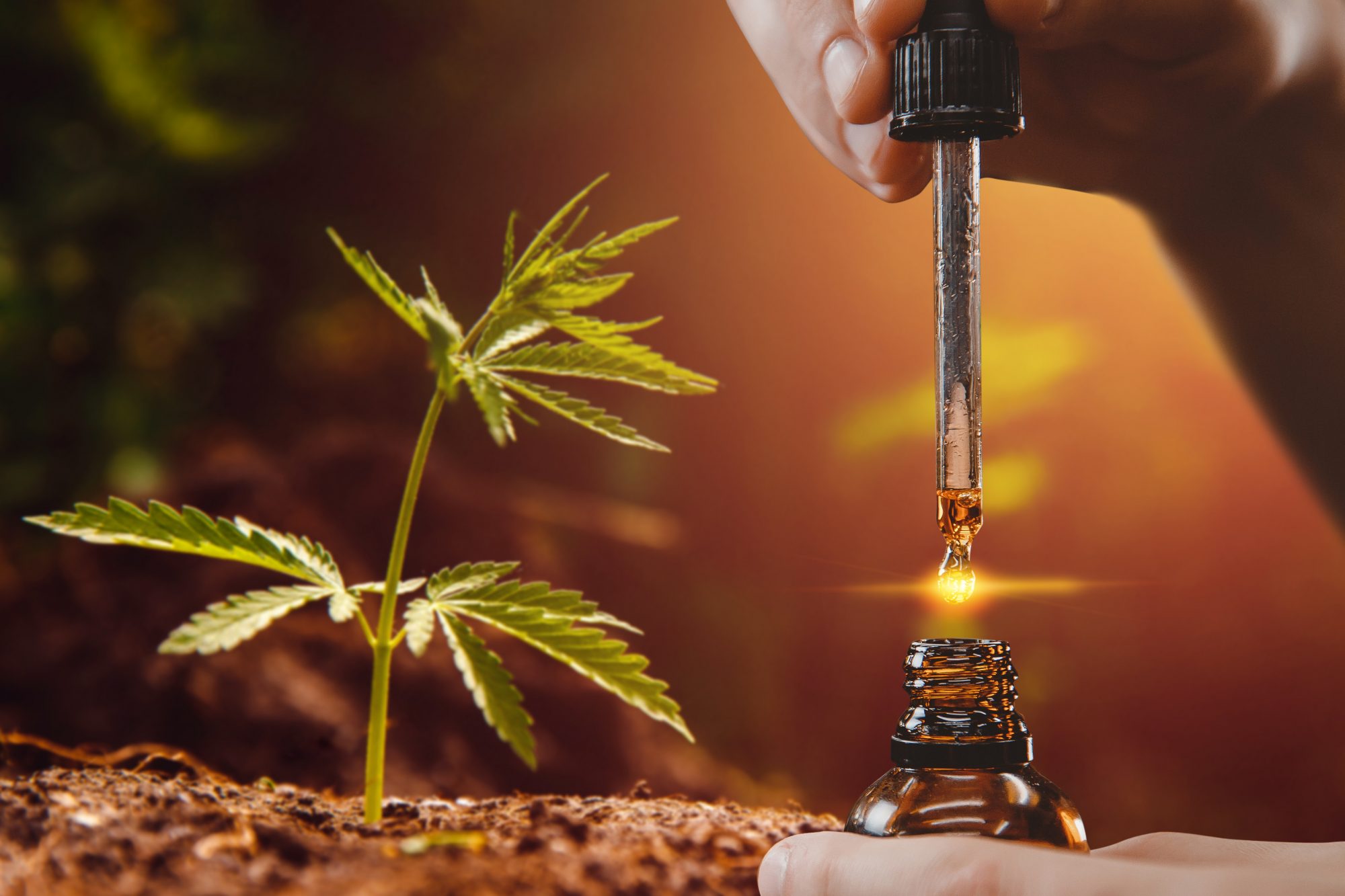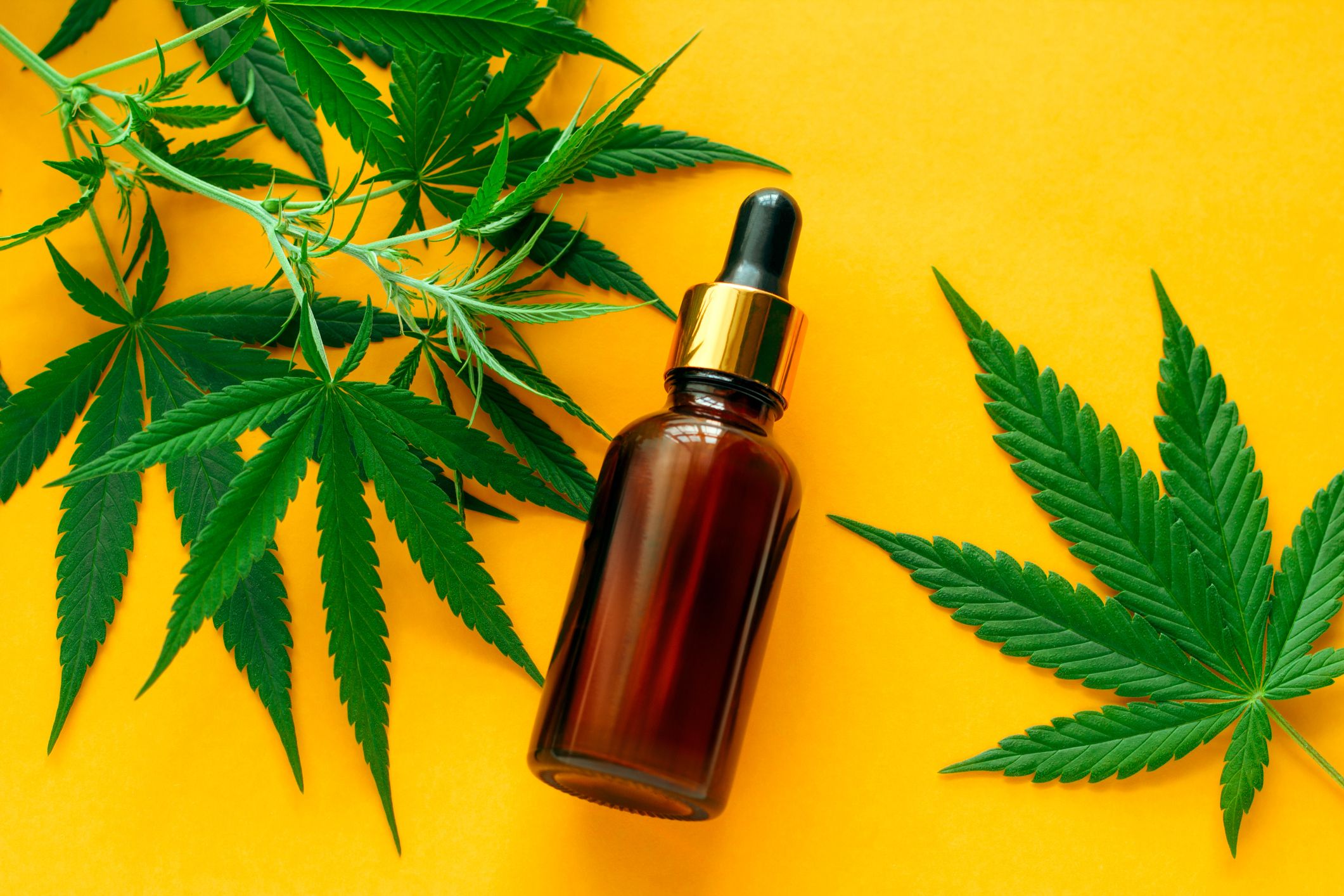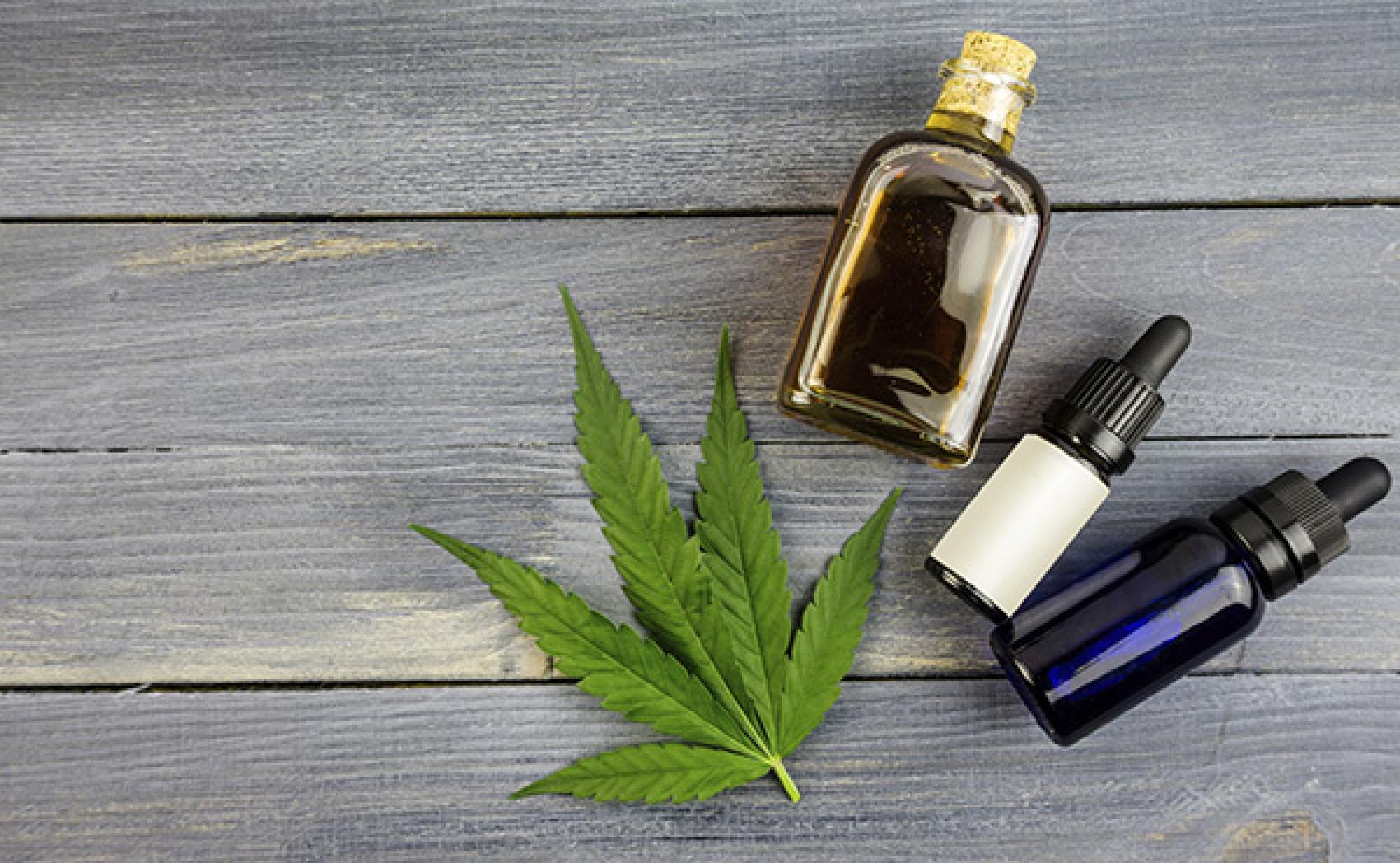Sleep is a fundamental aspect of human health and well-being, yet many individuals struggle to achieve the restorative rest they need. In Adelaide, professional sleep testing offers a pathway to understanding and improving sleep quality. This article explores the benefits of sleep testing, the process involved, and how it can lead to better sleep and overall health.
The Importance of Quality Sleep
Quality sleep is crucial for physical health, mental clarity, and emotional stability. Insufficient or poor-quality sleep can lead to a myriad of health issues, including obesity, diabetes, cardiovascular diseases, and mental health disorders. Understanding the significance of sleep can motivate individuals to seek solutions for their sleep problems.
Improving sleep through professional sleep test Adelaide is a proactive step towards better health and well-being. By understanding the importance of quality sleep, recognising the signs of sleep disorders, and engaging in comprehensive testing, individuals can take control of their sleep health. With accurate diagnoses and personalised treatment plans, the path to restorative sleep is within reach.
Effects of Sleep Deprivation
Sleep deprivation can have immediate and long-term effects on the body. In the short term, it can impair cognitive functions, reduce alertness, and increase the risk of accidents. Long-term sleep deprivation is associated with chronic health conditions, including hypertension and weakened immune function.
Moreover, poor sleep can affect mood and emotional regulation, leading to anxiety and depression. Recognising these effects highlights the importance of addressing sleep issues proactively. Studies have shown that individuals who consistently get less than the recommended seven to nine hours of sleep are more likely to experience mood swings and irritability, which can strain personal relationships and hinder professional performance. Furthermore, the cognitive decline associated with sleep deprivation can lead to difficulties in decision-making and problem-solving, making it essential to prioritise restorative sleep.

Signs You May Need Sleep Testing
Many individuals may not realise they have a sleep disorder. Common signs include excessive daytime sleepiness, loud snoring, gasping for air during sleep, and difficulty falling or staying asleep. If these symptoms are present, it may be time to consider professional sleep testing.
In addition to these signs, individuals may also experience a lack of concentration, memory lapses, or a general feeling of fatigue throughout the day, even after what seems like a full night’s rest. These symptoms can often be mistaken for stress or a busy lifestyle, but they may indicate underlying sleep disorders such as sleep apnoea or restless leg syndrome. Consulting with a healthcare professional can provide clarity and lead to effective treatment options, ultimately improving overall well-being and quality of life. Learn more about syndrome on https://www.genome.gov/genetics-glossary/Syndrome
What is Professional Sleep Testing?
Professional sleep testing involves a comprehensive evaluation of an individual’s sleep patterns and behaviours. This testing can identify various sleep disorders, including sleep apnoea, insomnia, restless legs syndrome, and narcolepsy. Understanding these conditions is essential for effective treatment and improvement of sleep quality.
Types of Sleep Tests
There are several types of sleep tests available, each designed to capture different aspects of sleep. The most common tests include:
- Polysomnography (PSG): This overnight test records brain waves, oxygen levels, heart rate, and breathing, providing a detailed overview of sleep stages and disturbances.
- Home Sleep Apnoea Testing (HSAT): This simplified test can be conducted at home and primarily focuses on identifying sleep apnoea through monitoring breathing patterns.
- Actigraphy: This method involves wearing a wrist device that tracks sleep-wake patterns over several days, helping to assess sleep quality and duration.
How Sleep Testing Works
The process of sleep testing typically begins with a consultation with a sleep specialist. During this consultation, the specialist will review the individual’s sleep history, lifestyle factors, and any symptoms experienced. Based on this information, the appropriate test will be recommended.
For a polysomnography test, the individual will spend the night at a sleep centre where they will be monitored by trained professionals. In contrast, home sleep apnoea tests can be conducted in the comfort of one’s home, using portable equipment to gather necessary data.
Benefits of Professional Sleep Testing
Engaging in professional sleep testing can yield numerous benefits, significantly improving an individual’s quality of life. Understanding the underlying causes of sleep issues is the first step towards effective treatment.
Accurate Diagnosis
One of the primary advantages of professional sleep testing is the accurate diagnosis of sleep disorders. Many individuals self-diagnose or rely on anecdotal evidence, which can lead to ineffective treatments. A professional evaluation provides clarity and ensures that the correct condition is identified. To find more about disorders click here.
Personalised Treatment Plans
Once a diagnosis is made, a tailored treatment plan can be developed. This may include lifestyle changes, cognitive behavioural therapy, or the use of medical devices such as CPAP machines for sleep apnoea. Personalised treatment increases the likelihood of success and improves overall sleep quality.
Improved Overall Health
By addressing sleep disorders, individuals can experience significant improvements in their overall health. Better sleep can enhance mood, boost cognitive function, and reduce the risk of chronic diseases. The benefits of improved sleep extend beyond the night, positively impacting daily life and productivity.
Finding a Sleep Testing Centre in Adelaide
Adelaide is home to several reputable sleep testing centres, each offering a range of services to cater to various sleep needs. When searching for a centre, consider the following factors:
Qualifications and Experience
It is essential to choose a sleep testing centre with qualified professionals who have experience in diagnosing and treating sleep disorders. Look for centres that employ certified sleep specialists and have a good reputation in the community.
Facilities and Equipment
The quality of facilities and equipment used for sleep testing can significantly impact the accuracy of results. Ensure that the centre uses up-to-date technology and provides a comfortable environment for testing.
Patient Reviews and Testimonials
Reading patient reviews and testimonials can provide insights into the experiences of others who have undergone sleep testing at a particular centre. Positive feedback can indicate a centre’s reliability and effectiveness in providing care.
Preparing for Your Sleep Test
Preparation for a sleep test is crucial to ensure accurate results. Here are some tips to help individuals prepare effectively:
Consultation with Your Doctor
Before undergoing a sleep test, it is advisable to have a thorough consultation with a healthcare provider. Discuss any medications being taken, as some may affect sleep patterns. A doctor can provide guidance on what to expect and how to prepare.
Follow Pre-Test Instructions
Sleep testing centres often provide specific instructions to follow before the test. This may include avoiding caffeine, alcohol, and certain medications in the days leading up to the test. Adhering to these guidelines can help ensure the accuracy of the results.
Bring Comfort Items
For overnight tests, bringing comfort items such as a favourite pillow or blanket can help create a more restful environment. Being comfortable can reduce anxiety and improve the quality of sleep during the test.
After the Sleep Test
Once the sleep test is completed, the data collected will be analysed by a sleep specialist. This analysis will lead to a diagnosis and recommendations for treatment. Understanding what to expect after the test can help individuals feel more prepared.
Receiving Your Results
Results from the sleep test are typically shared during a follow-up appointment. The specialist will explain the findings and discuss any diagnosed sleep disorders. This is an opportunity for individuals to ask questions and gain clarity on their sleep health.
Implementing Treatment Recommendations
Following the diagnosis, implementing the recommended treatment plan is crucial. This may involve lifestyle changes, therapy, or the use of medical devices. Commitment to the treatment plan can lead to significant improvements in sleep quality and overall health.
Conclusion
For those struggling with sleep issues, seeking professional help can be life-changing. Embrace the opportunity to improve sleep quality and enhance overall health through professional sleep testing.




